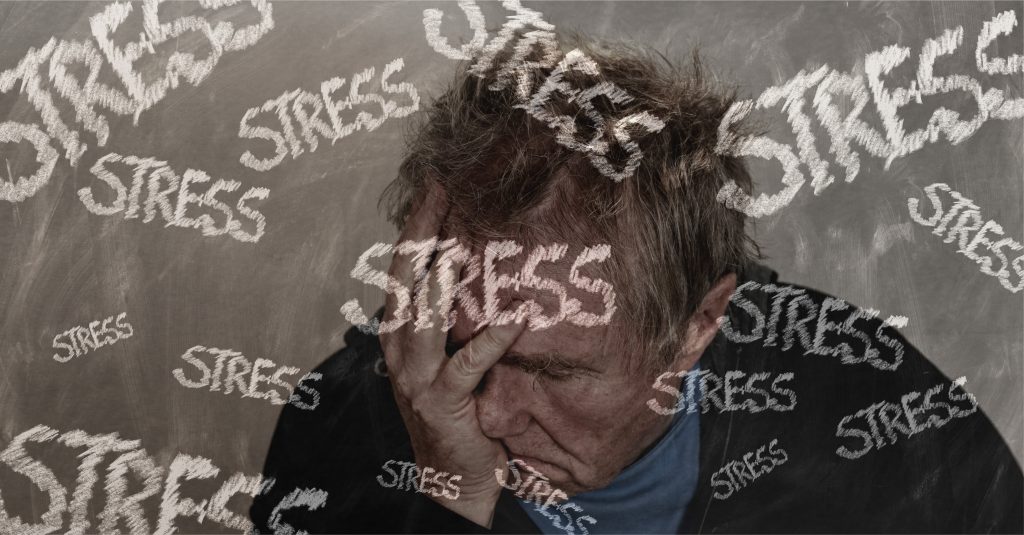
Burnout starts gradually and it may be hard to notice. Work and life are challenging. At any point of time, you may have a few burnout symptoms. Then a project deadline looms, a difficult assignment takes more time, or a project risk materializes into an issue. Before long, and without you noticing, you have five of the ten signs of burnout. You reach the mid-point of the burnout scale and it’s time to take steps to avoid complete burnout and learn how to recover from it.
Expect Situations that Lead to Burnout
Like an approaching storm, burnout looms on my horizon every December. As someone responsible for a portfolio of projects, there is always at least one project that slips into the red zone thirty days before the deadline–and the deadline tends to be at the end of the year. Just when people are getting into the holiday mood and key team members are scheduling vacation days to be with their families, I need to dive into my final reserves of energy to rescue a troubled project. It’s not just me, everyone on the project team needs to push themselves even when the fuel tank indicator has reached empty. Just as Olympic rowers pull their last stroke before collapsing in exhaustion across the finish line, project managers may need to use every last ounce of energy to get the project to completion on New Year’s Eve.
Last year, the troubled project was successfully rescued the Friday before Christmas. I had planned a family holiday and duly fell sick when it started. I was not the only one. The project sponsor also fell sick on vacation and was off work in early January. One project leader almost resigned due to the difficulties in the project.
Prepare for Burnout Season by Building Up Energy Reserves
How do you recover from burnout? As project managers, you think and plan ahead. If the project is a long-distance race, you need to anticipate the need to push and run faster in the last 400 meters and maybe even sprint the last 100 meters to win the race. Start preparing for that by building up your energy reserves and that of your team now, months before you need it.
Build the habit of resting well to work well. Hold a team meeting and suggest having a shared value of rest or work-life balance. Give each other permission to speak up if you see a team member displaying burnout symptoms. I acknowledge that this is hard to do during a pandemic when people are being laid off work. But this is critical in a remote work environment where it is even harder to observe how someone is doing on a daily basis.
Here’s habit #1 that you can keep doing or start doing to build up your energy reserves: Don’t work weekends; switch off your work phone and email.
Avoid Monday Burnout
As we started a Monday morning meeting, I greeted Jack, my colleague, “How was your weekend?”
“I worked 12 hours on Sunday preparing a report,” Jack replied, “and yours?”
“It was restful. I spent a day in nature and another day playing music. I feel invigorated.”
Jack’s eyes widened in surprise. Our meeting had been postponed because he was late for work. Jack was usually the sharpest person in the room. That day was different. I contributed many ideas and suggestions. Jack accepted all of them.
Observe colleagues at work and people on your commute. Do they appear more alert and healthier at the start of the week? As the week progresses, do they look increasingly tired?
In a study published by the British Medical Journal, scheduling your surgery for a Monday gives you the best chance of surviving it. The research team studied over 4 million operations from 2008 to 2011. Those with Friday surgeries had a 44% greater likelihood of dying within 30 days compared to patents with operations on Mondays. If you were scheduled for surgery, would you prefer a surgeon who is well-rested or someone who had worked the weekend?
Find out if this is true for you. This week, log your energy level at the start of every day. By Friday, you will know if your energy declines steadily through the week or if you peak on a specific day.
Develop Habits to Avoid Burnout and Learn to Recover from it
Do you want to build the habit of resting well to build up energy reserves and prevent burnout? Check out this series of tips on how to work wiser: Rest Well, Work Well and Avoid Burnout.
Sources
British Medical Journal, BMJ 2013;346:f3485 (28 May 2013): https://www.bmj.com/content/346/bmj.f3485
